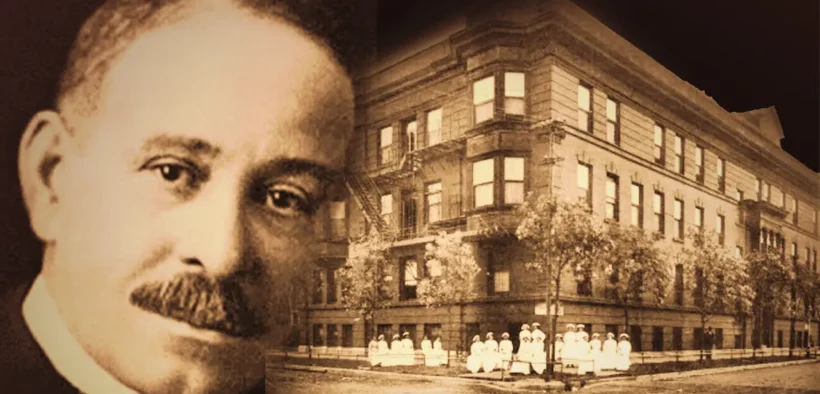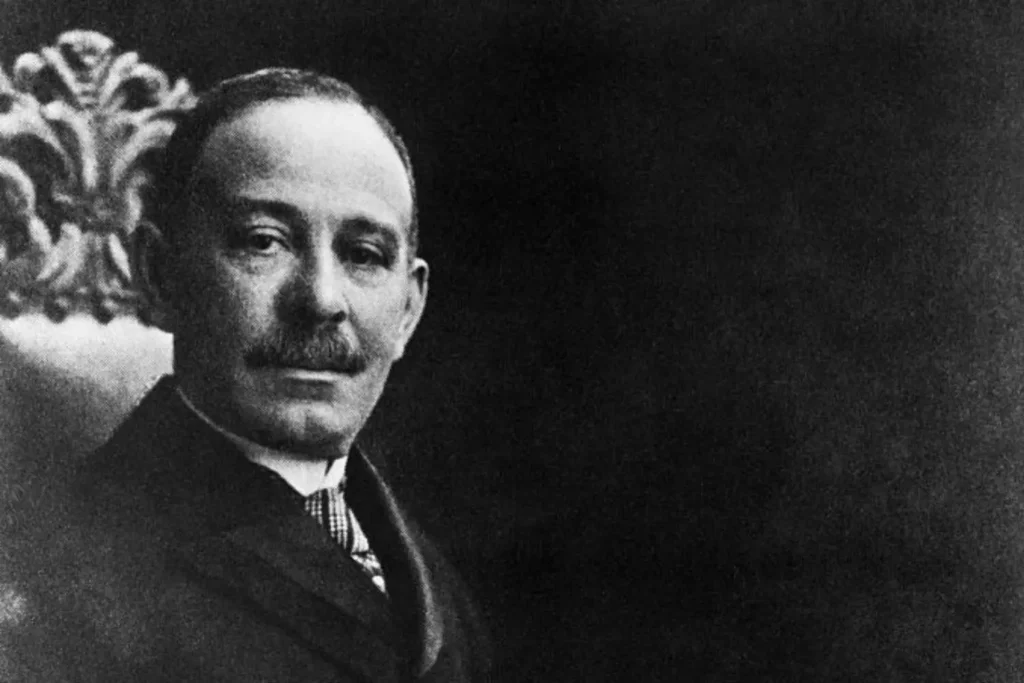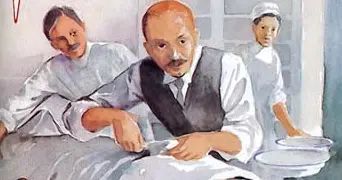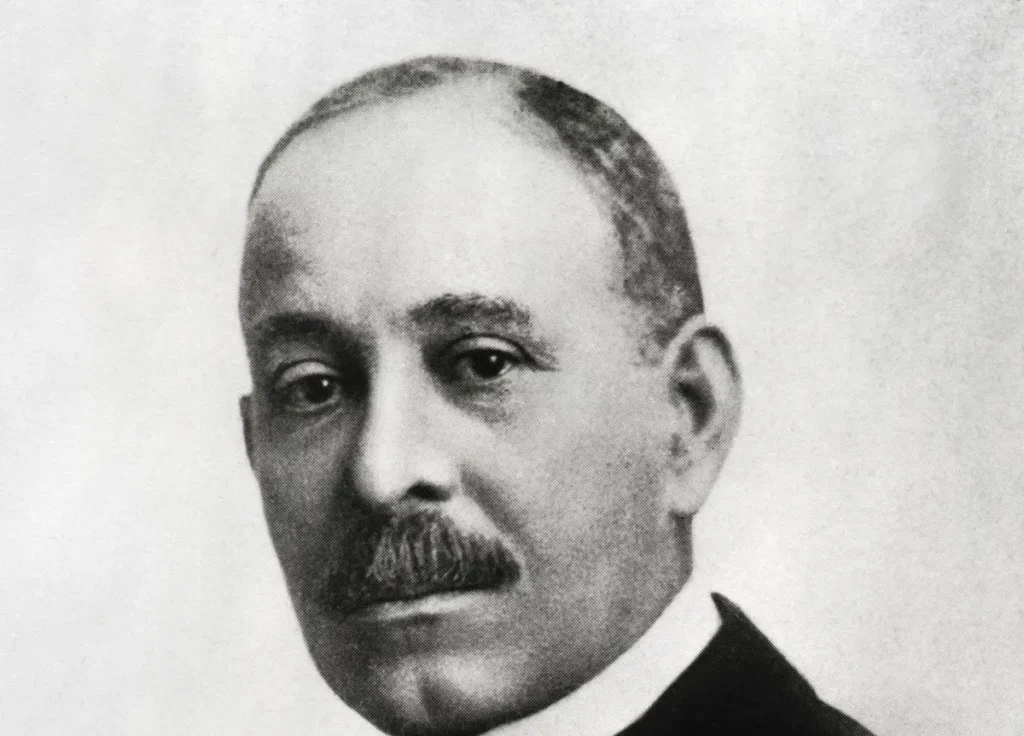The Black Surgeon Who Changed Heart Surgery Forever
Share

Dr. Daniel Hale Williams (1856–1931) was a man far ahead of his time — a visionary Black surgeon who not only mended hearts but broke barriers in American medicine. Born in Hollidaysburg, Pennsylvania, Williams grew up during an era when opportunities for Black people were painfully scarce. After his father’s death, young Daniel apprenticed as a shoemaker before discovering his passion for medicine — a dream he pursued relentlessly despite racism and segregation. He earned his M.D. from Chicago Medical College (now Northwestern) in 1883 and opened a private practice that welcomed Black patients who were often turned away elsewhere.

Williams saw a dire need for change. Black doctors were often denied privileges to work in white-run hospitals, and Black patients were frequently refused treatment. So, in 1891, Williams founded Provident Hospital and Training School in Chicago — the first interracial hospital and nursing school in the United States. Provident provided a safe place for Black doctors to practice and train, and for Black patients to receive the care they deserved. It became a powerful model of community-led healthcare during a time when segregation defined every aspect of American life.

His groundbreaking moment came in 1893. When a young man named James Cornish arrived at Provident with a severe stab wound to the chest, Dr. Williams did the unthinkable: he opened the man’s chest cavity to repair the tear in the pericardium — the sac around the heart — without modern anesthesia, blood transfusions, or antibiotics. Against all odds, Cornish not only survived but recovered, making Dr. Williams one of the first surgeons ever to perform a successful open-heart surgery. His bold procedure opened doors for future advances in cardiac care, saving countless lives for generations to come.

But Dr. Williams didn’t stop at saving lives in the operating room. In 1895, he co-founded the National Medical Association — a direct response to the American Medical Association’s refusal to admit Black doctors. Through his activism and teaching, he inspired a new generation of Black physicians and nurses who carried his mission forward, demanding respect, equal training, and opportunities in medicine. He also served as Chief Surgeon at Freedmen’s Hospital in Washington, D.C., one of the few hospitals open to Black patients, where he trained young Black medical professionals to excel in a field that often shut them out.

Dr. Daniel Hale Williams died in 1931, but his impact lives on wherever a heart is healed and a barrier is broken. Today, his legacy reminds us that true pioneers don’t just change their field — they lift up entire communities. For Black youth and aspiring medical professionals, his story is living proof that skill, courage, and vision can save lives and change history.


















